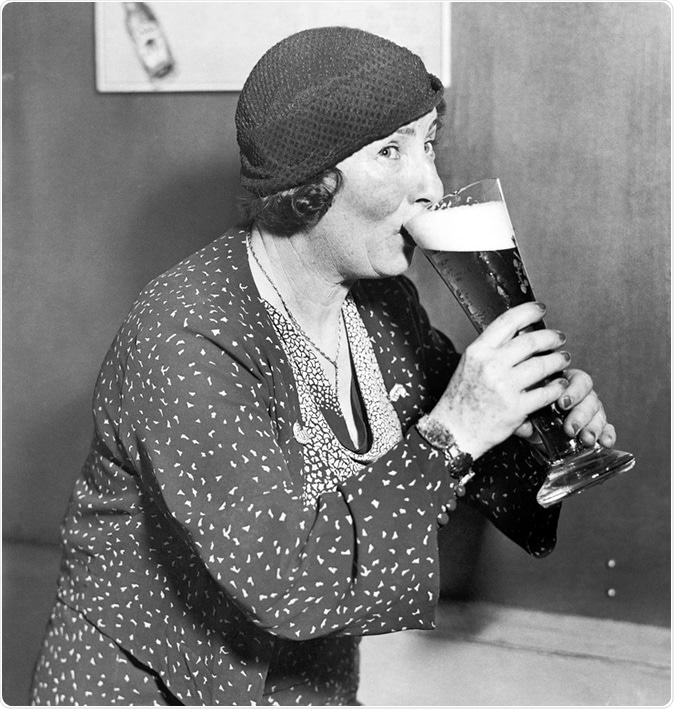The National Institutes of Health (NIH) has stopped the ongoing $100 million study that was looking at the purported benefits that alcohol consumption may have on the body.
The study, needless to add, was being sponsored in a large part by the alcoholic-beverage industry. NIH Director Francis Collins made this announcement yesterday (17th of May 2018) and said that multiple reports have been cropping up regarding this endeavor.

Image Credit: Everett Collection / Shutterstock
The alcohol industry had joined hands with some researchers and funded a study that included around 7,000 participants. The aim of the study was to assess if moderate drinking (meaning a single drink per day) can have any health benefit. While some anecdotal reports have shown benefits the results of these studies have not been conclusive and the U.S. dietary guidelines states that those who do not drink should not start drinking after reading these reports.
The trial called Moderate Alcohol and Cardiovascular (MACH) originated from the Harvard’s Beth Israel Deaconess Medical Center which is a grantee of the National Institute on Alcohol Abuse and Alcoholism. Director Francis Collins asked for two reviews of this study. One of these was from the Office of Management Assessment that would look at the methodology and design of the study and irregularities in its conduct and the second was by an advisory committee that would look at the scientific strength of the study. Both reviews are expected to be concluded by June.
Jennifer Kritz, spokeswoman of Beth Israel said in a statement that their institute was committed to ethical conduct of all trials and she said that Beth Israel has conducted its own review of the MACH trial. She said, “…we have not found any reason to believe that it does not adhere to our institutional requirements.”